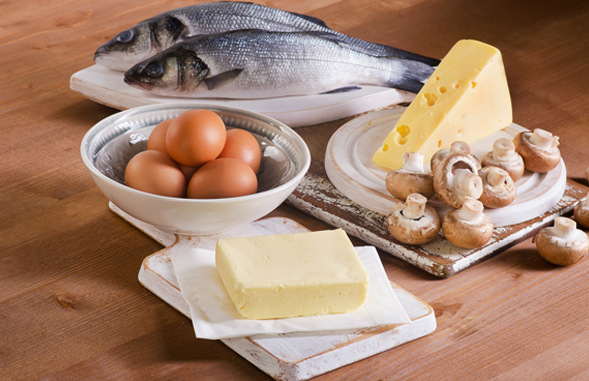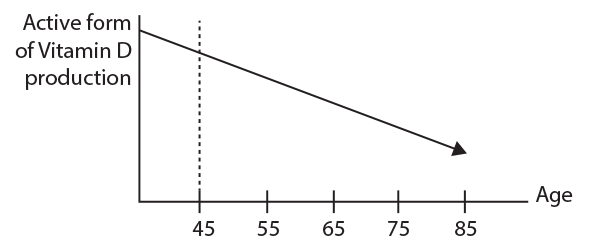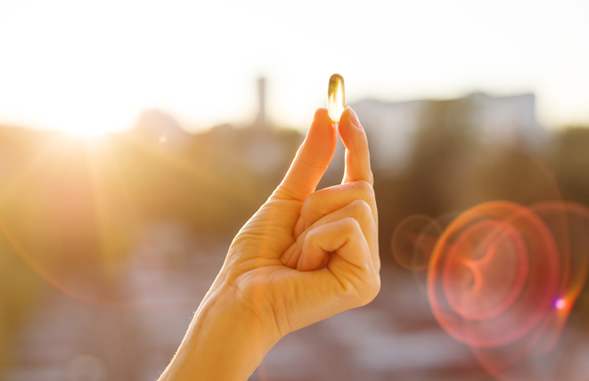Supporting Immune Health: lifestyle, diet, Vitamin D


Building a strong immune health is important to help your body fight against virus and bacterial infections. General strategies such as a healthy lifestyle, diet and exercise are a good way to start to build up your body’s natural defences.
These include getting sufficient sleep, having a diet low in fat and high in fibre intake, as well as doing regular exercise. In addition, emerging science has shown that Vitamin D may have some beneficial immune health benefits.
"Besides providing bone and muscle strength benefits, studies show that Vitamin D also helps to boost immunity and support the body’s fight against cold and flu. However, almost 8 out of 10 Singaporeans do not get enough Vitamin D", says Dr Angela Cheong, a family physician from Cheong Clinic.

Ways to Get Vitamin D
• 5-30 minutes of sun exposure, at least twice daily
Our body creates Vitamin D when the skin is exposed to sun. Experts recommend sun exposure 5-30 minutes long between 10am and 3pm, for at least twice daily. Dark clouds, glass, fully covered clothing and sunscreen will affect our body’s ability to make Vitamin D. A study showed that wearing sunscreen with 30 sun protection factor reduces the skin’s ability to produce Vitamin D by 95%.

• Consume Vitamin D-rich Foods
While Vitamin D is not present in common foods, fatty fish such as salmon, egg yolk, cheese and fortified milk are foods rich in Vitamin D.

The Challenge of Getting Enough Vitamin D
Studies have shown that after 45 years, the body’s ability to produce the active form of Vitamin D from sunlight or foods decreases. Vitamin D level in the body may be low as a result.

Support Your Vitamin D intake
Consider Vitamin D supplementation to support your intake, in addition to sun exposure and dietary intake. Experts recommend a daily intake of 1000IU. Research suggests that Vitamin D3 is more effective than Vitamin D2 in raising Vitamin D levels in the body. Moreover, being a fat-soluble nutrient, consider Vitamin D in a soft gel form instead of tablet form.

*The advice and the appearance of this expert in the article should not be misconstrued to be a recommendation of any product.
